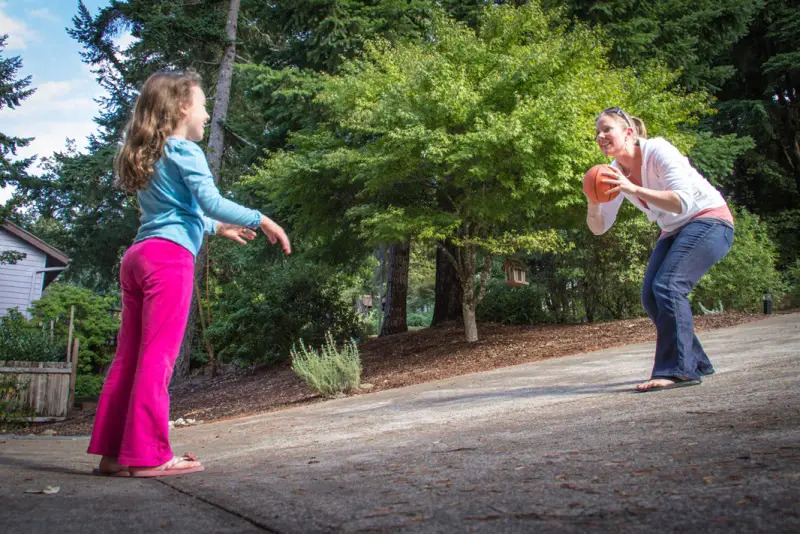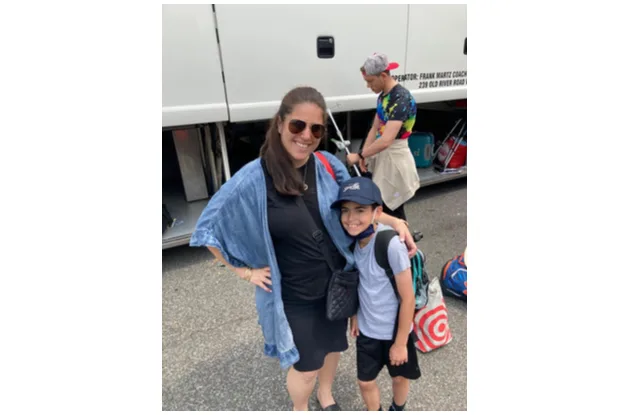Communicating can be difficult for children with autism spectrum disorder, but a new study shows a link between social interaction and motor skills. Researchers believe that helping children with autism develop motor skill will also improve their social skills.

Every child needs a friend, but as any parent of a child with autism knows, it’s sometimes hard for kids with special needs to connect with the others socially. A new study published online in the journal Research in Autism Spectrum Disorders adds to the growing evidence of the important link between autism and motor skill deficits.
Researchers at Oregon State University and University of Michigan tested 233 children ages 14 to 49 months diagnosed with autism and found that children with better motor skills were more adept at socializing and communicating.
Megan MacDonald, an assistant professor in the College of Public Health and Human Sciences at Oregon State University and lead author of the study says this new research shows how important it is to study motor skills and social skills together—because the two influence each other.
“Even at this early age, we are already seeing motor skills mapping on to their social and communicative skills,” MacDonald says. “Motor skills are embedded in everything we do, and for too long they have been studied separately from social and communication skills in children with autism.”
Developing motor skills is crucial for children and can also help develop better social skills. MacDonald said in one study, 12-year-olds with autism were performing physically at the same level as a 6-year-old.
“So they do have some motor skills, and they kind of sneak through the system,” she said. “But we have to wonder about the social implications of a 12-year-old who is running like a much younger child. So that quality piece is missing, and the motor skill deficit gets bigger as they age.”
In MacDonald’s study, children who tested higher for motor skills were also better at “daily living skills,” such as talking, playing, walking, and requesting things from their parents. MacDonald says this is a positive sign for parents and children.
“We can teach motor skills and intervene at young ages,” MacDonald says. “Motor skills and autism have been separated for too long. This gives us another avenue to consider for early interventions.”
MacDonald says some programs run by experts in adaptive physical education focus on both the motor skill development and communicative side. She said because autism spectrum disorder is a disability that impacts social skills so dramatically, the motor skill deficit tends to be pushed aside.
“We don’t quite understand how this link works, but we know it’s there,” she said. “We know that those children can sit up, walk, play and run seem to also have better communication skills.”
About the OSU College of Public Health and Human Sciences: The College creates connections in teaching, research and community outreach while advancing knowledge, policies and practices that improve population health in communities across Oregon and beyond.





















